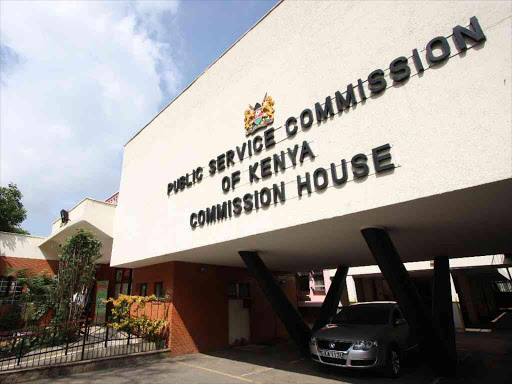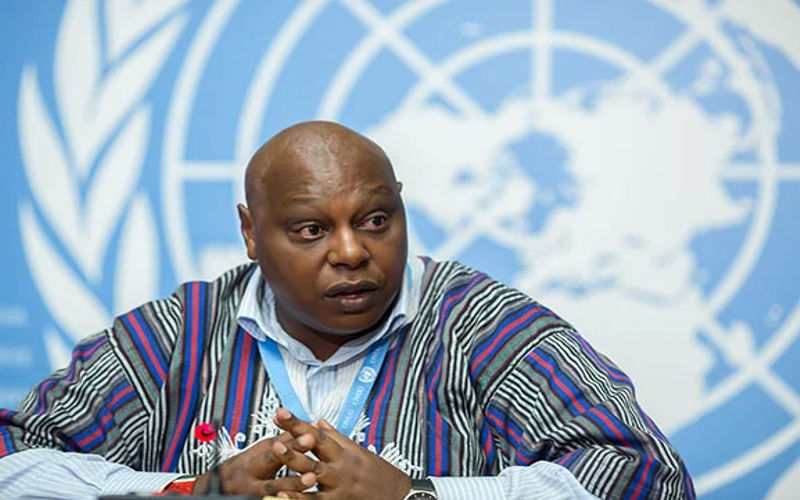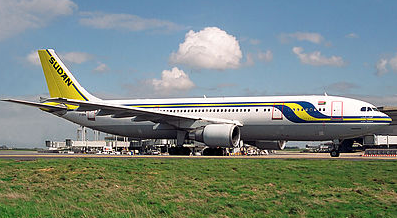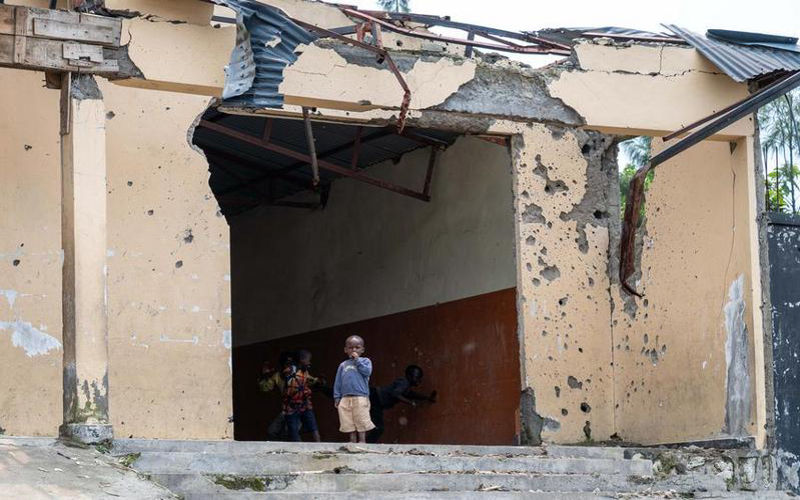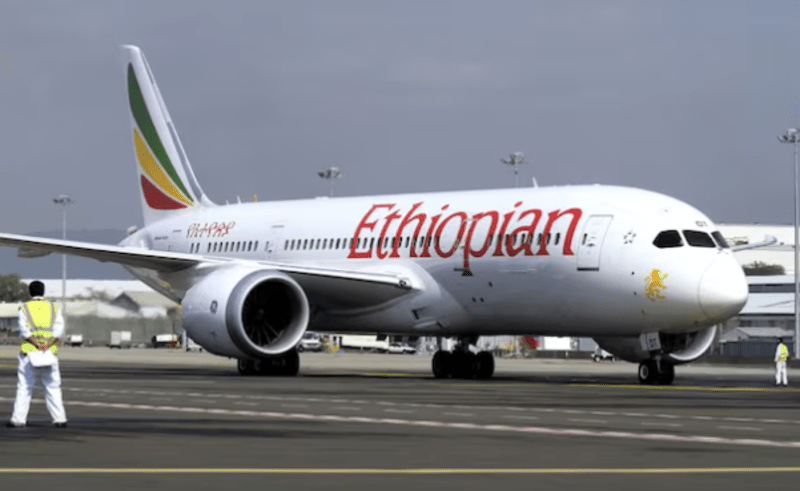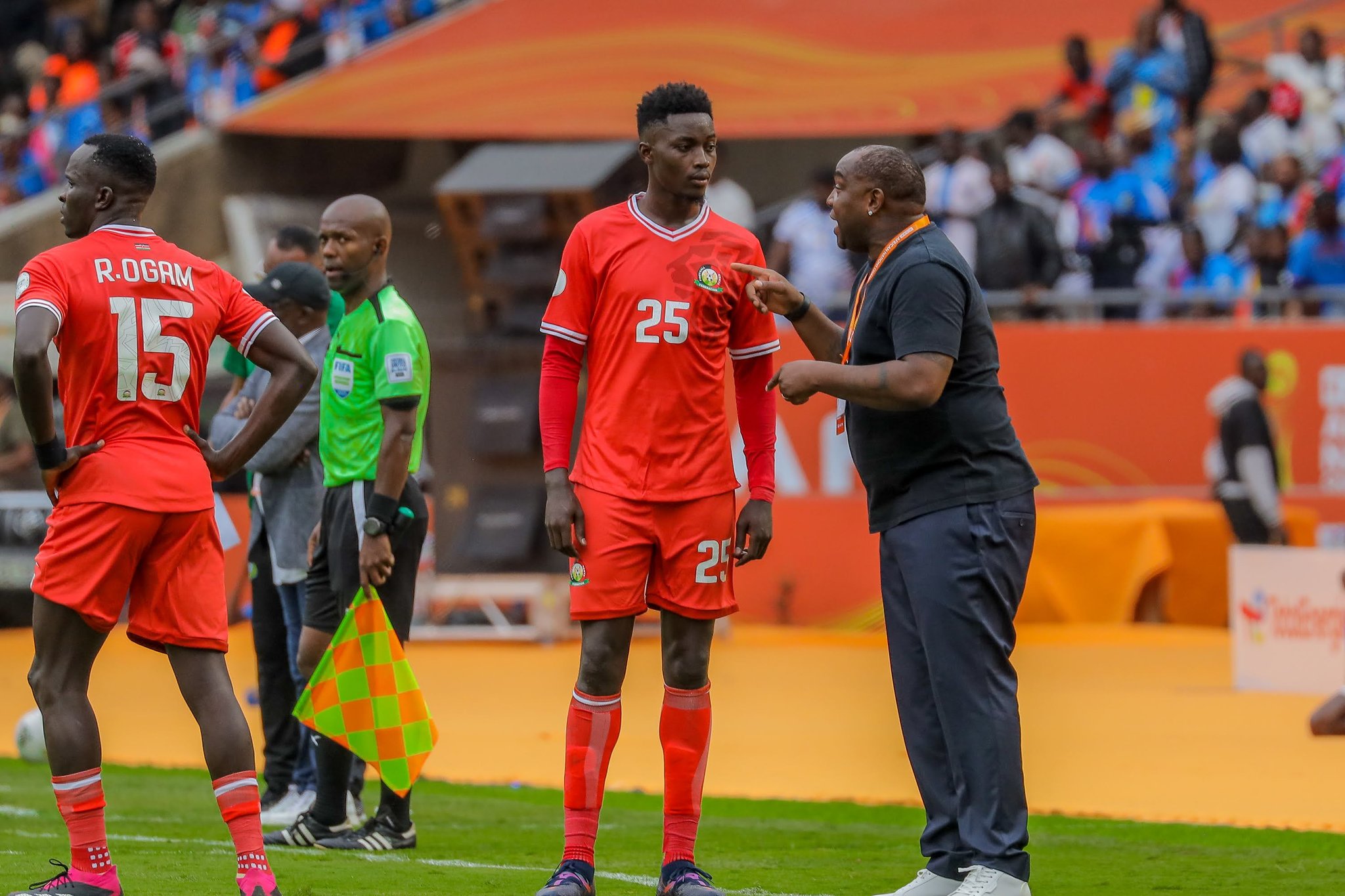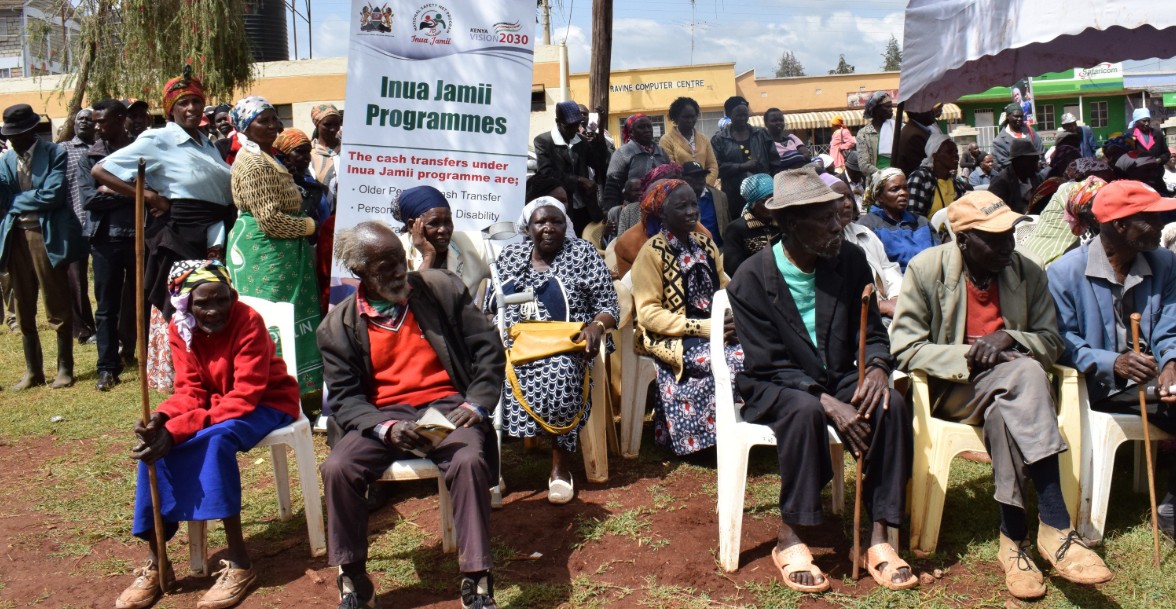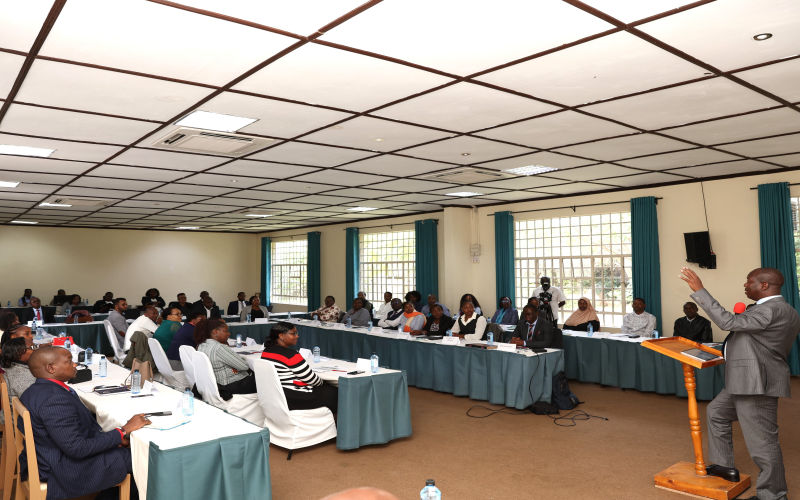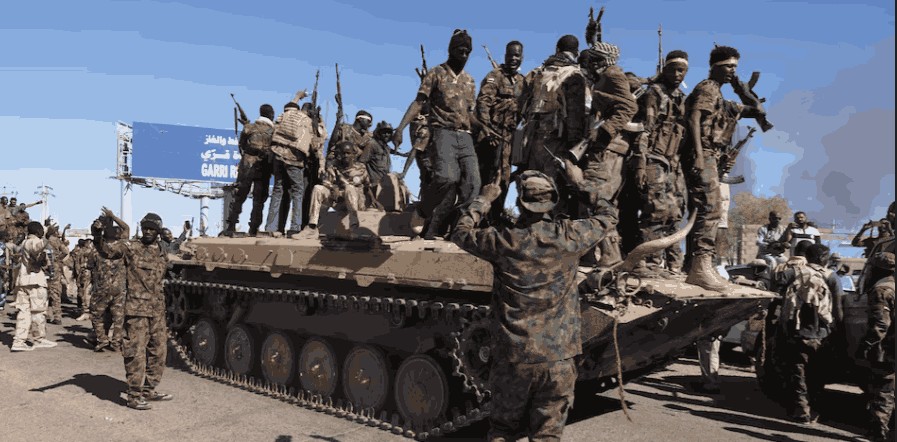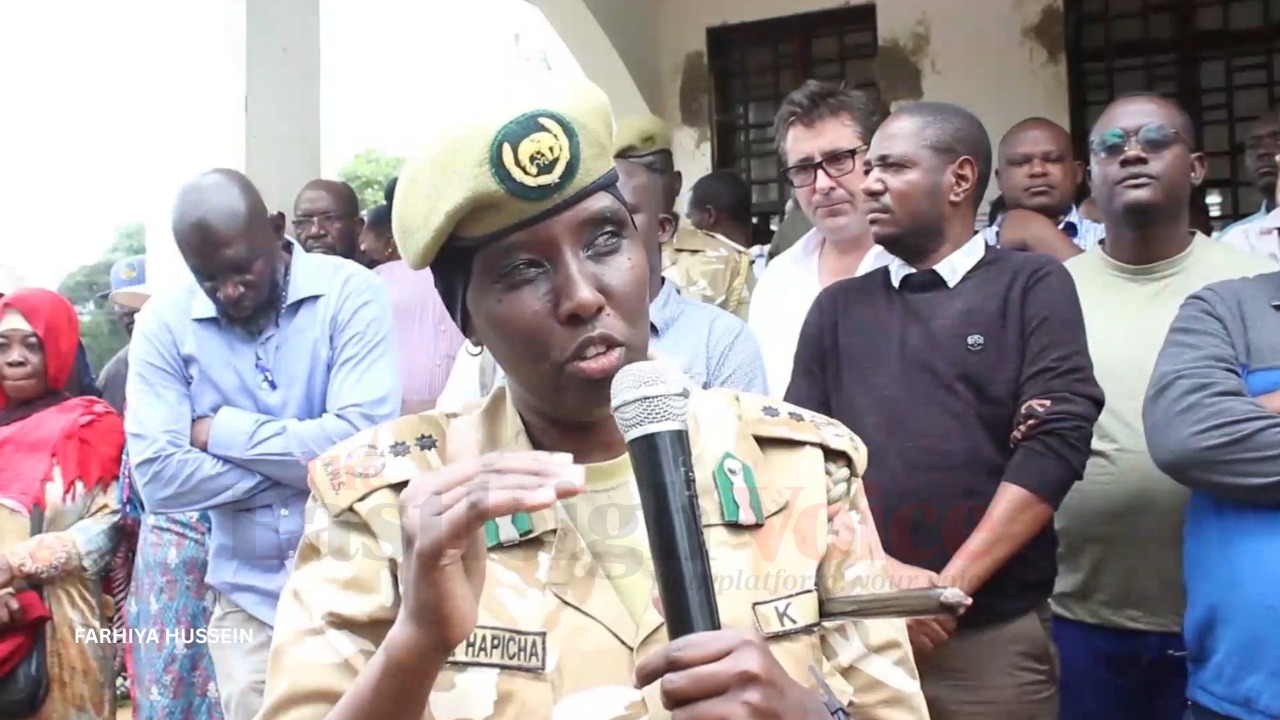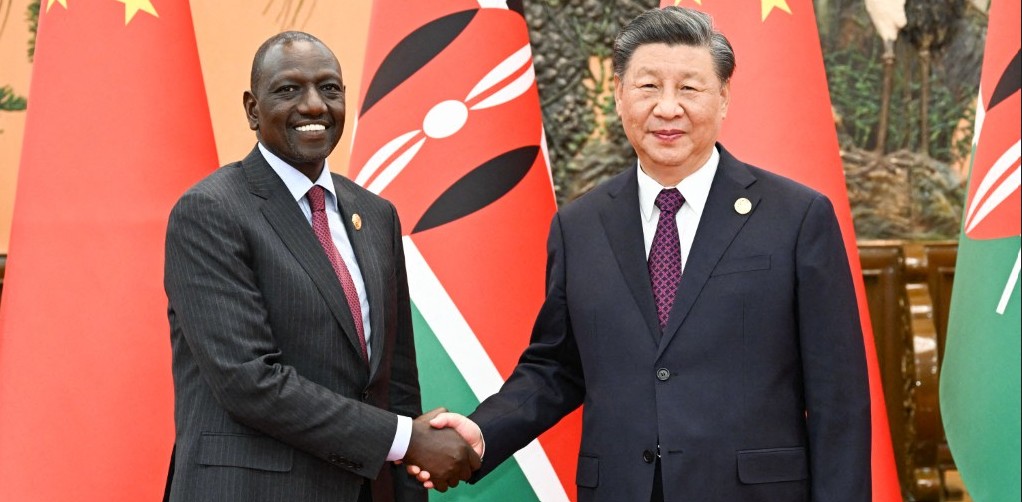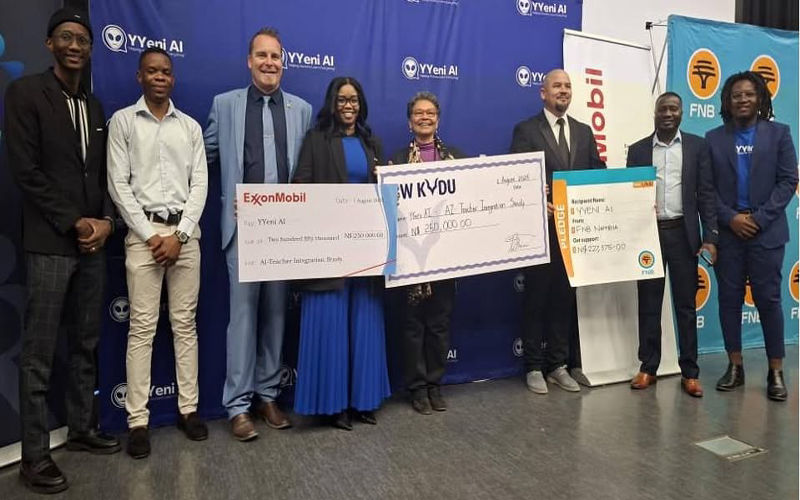South Sudan’s foreign minister in Washington for tense talks on deportations and governance
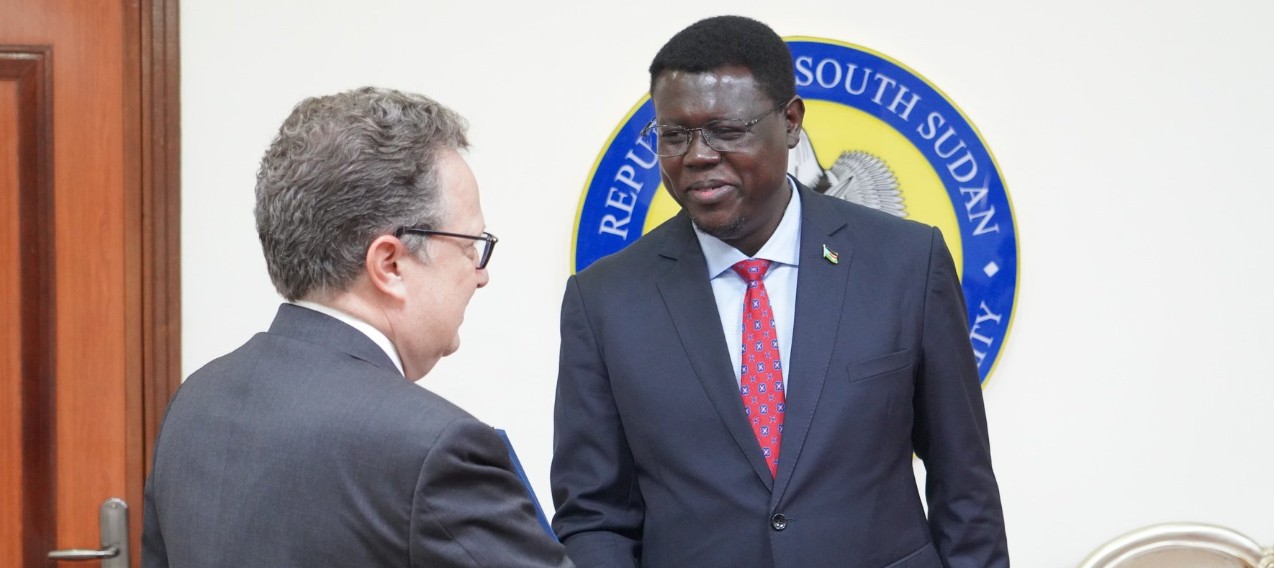
The visit comes in the wake of a diplomatic standoff earlier this year, after Juba initially resisted accepting a Congolese national deported by the Trump administration.
South Sudan’s Foreign Minister, Monday Semaya K. Kumba, arrived in Washington, D.C. this week for high-level talks, with US deportation policy expected to be at the forefront of discussions.
The visit follows a diplomatic standoff earlier this year, after Juba initially refused to accept a Congolese national deported by the Trump administration.
More To Read
- MSF pulls out of South Sudan’s Yei and Morobo counties over staff safety concerns
- Climate projects in South Sudan can turn deadly - how to avoid this
- Uganda to host two million refugees by end of 2025 due to escalating crises - UN
- Ugandan, South Sudanese military leaders hold talks amid border dispute
- Border tensions flare as Uganda and South Sudan trade blame over deadly clash
- South Sudan declares Kenya-led Tumaini Peace Initiative 'dead'
Under the threat of US visa sanctions against South Sudanese citizens, the government eventually complied.
Minister Kumba, appointed in April after his predecessor was dismissed in the wake of the row, now faces the task of navigating a sensitive diplomatic landscape.
Washington has expressed growing frustration with South Sudan’s repeated failure to adhere to deportation protocols and to meet its responsibilities as a sovereign state. The current visit signals broader tensions in the bilateral relationship.
For more than a decade, the United States has been a key partner in South Sudan’s nation-building efforts, from brokering peace agreements to providing extensive humanitarian support. However, patience in Washington is waning.
US officials are expected to raise concerns beyond deportation issues, including Juba’s continued delays in organising national elections—delays that have drawn criticism as undermining democratic transition.
More than a decade after its independence in 2011, South Sudan remains plagued by internal conflict and fragile institutions.
The country has yet to hold a credible national vote, citing funding shortages and logistical hurdles—reasons that many see as enabling President Salva Kiir’s prolonged tenure.
For the United States, the objective remains consistent: a peaceful, inclusive political transition that ends elite-driven conflict and establishes accountability for the people of South Sudan.
Top Stories Today


